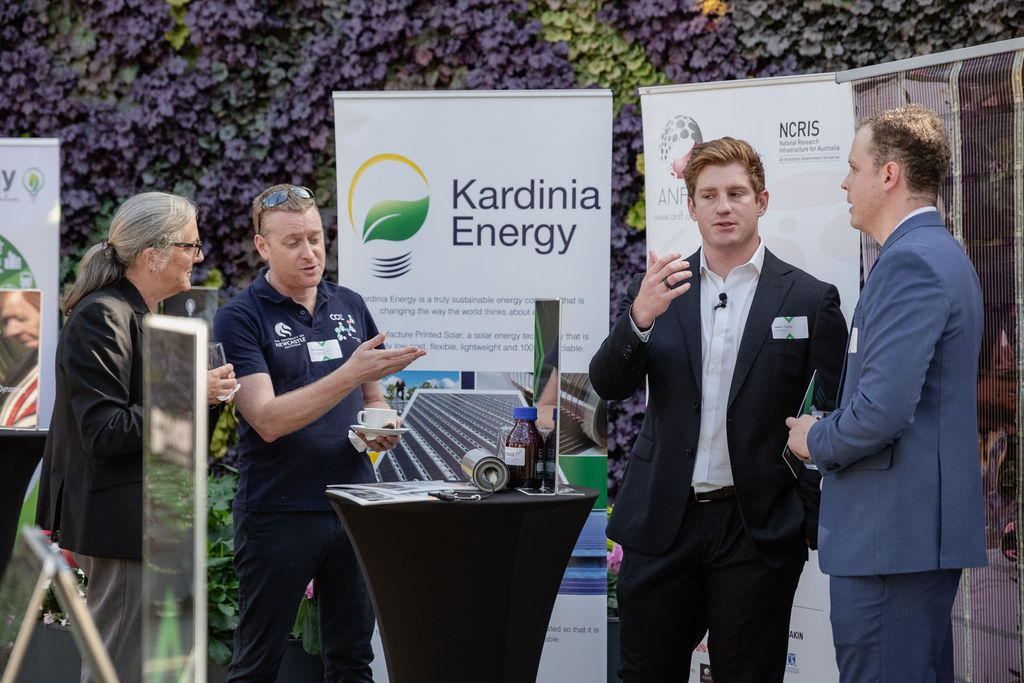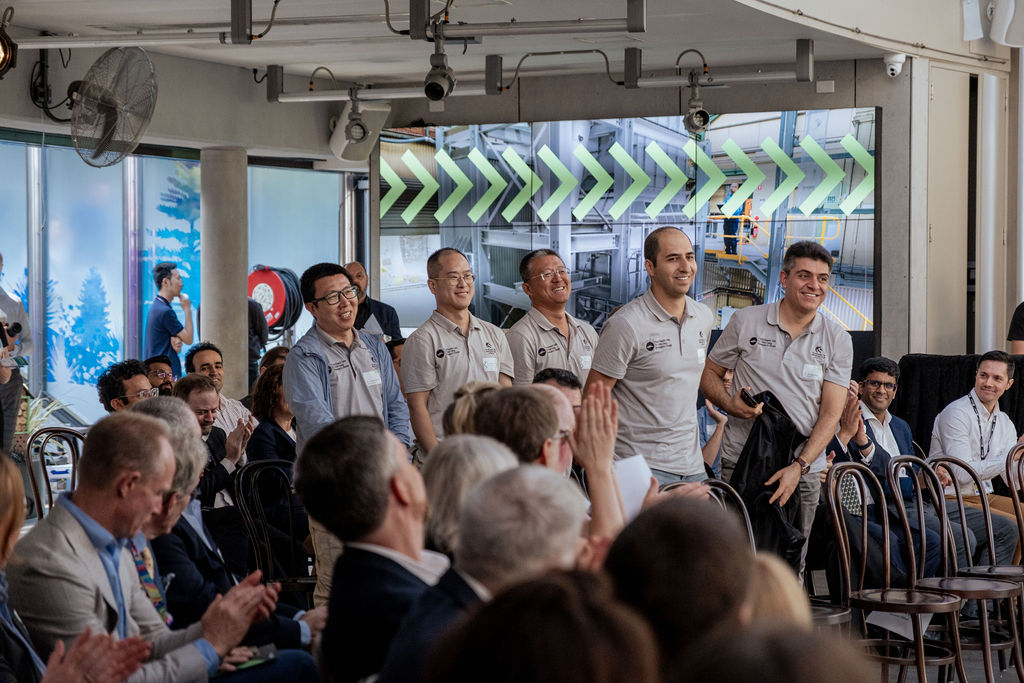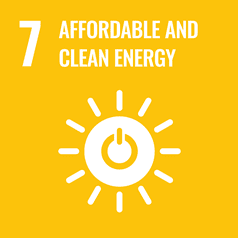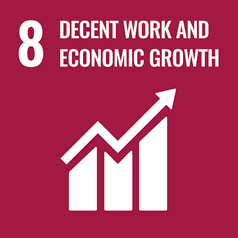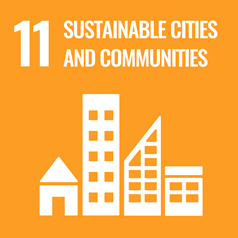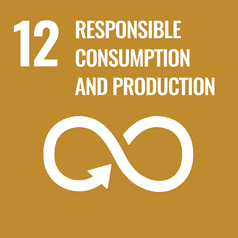Inaugural Showcase debuts cutting-edge solar and hydrogen technologies
More than 200 industry, government officials, researchers, start-ups and university staff came together yesterday to celebrate the achievements of the Trailblazer for Recycling and Clean Energy (TRaCE) program.
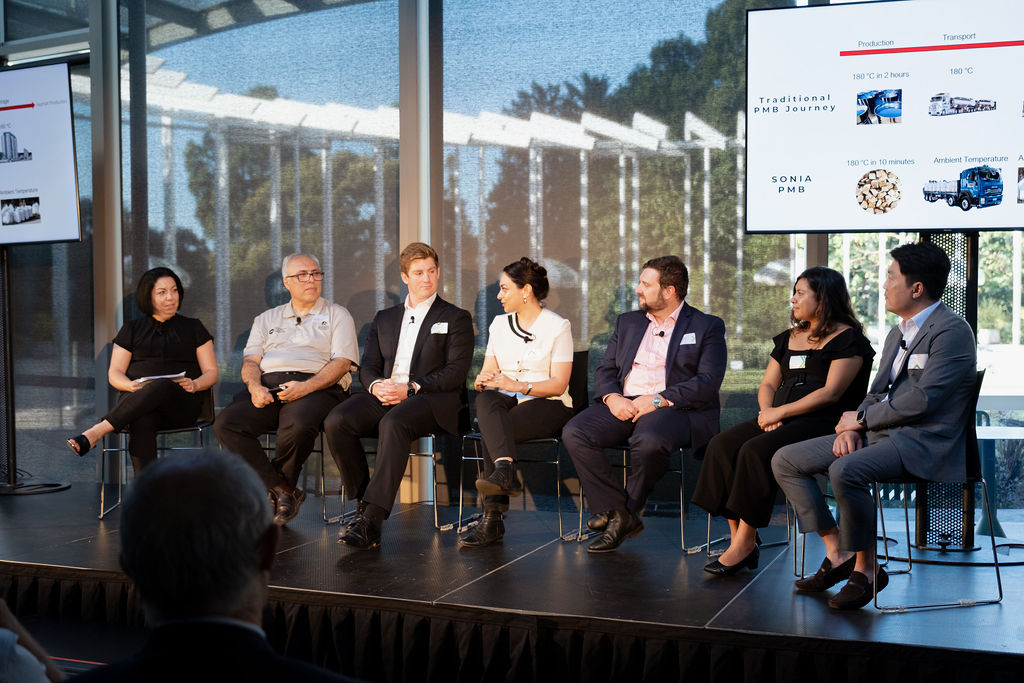
A panel of speakers at the TRaCE Inaugural Showcase. From L-R: TRaCE Research and Commercialisation Director Gabriella Nunes, UON L/Prof Behdad Moghtaderi, Kardinia Energy Chief of Operations Samuel Clinton, UNSW A/Prof Ailar Hajimohammadi, Rio Tinto Principal Advisor (Technical Strategy) Karl Malitz, EM Energy Co-Founder Isabel Toasa and Decarice Co-Founder UNSW Prof Shawn Kook.
In its first year TRaCE has established $117 million in industry co-funded research and development (R&D) projects focused on bringing disruptive technologies to market.
Assistant Minister for Education, Senator the Hon. Anthony Chisholm officially launched the showcase for the initiative, which was born from the Australian Government’s Trailblazer Universities Program to boost sovereign manufacturing and accelerate the green economy.
“TRaCE’s projects will help Australia and the world find new and effective ways to transition to sustainable recycling and clean energy solutions and systems,” Assistant Minister Chisholm said.
The showcase also highlighted the impact TRaCE is set to make in a number of regional communities across Australia, with projects including green ceramic creation in the NSW South Coast region, storage assets in Queensland, and solar projects across northwest Victoria.
“We’re thankful to have the opportunity to showcase the cutting-edge technologies we’re supporting through the program. We support projects spanning the entire innovation life cycle, from early-mid scale research and development to industrial scale testing of proven technologies,” said TRaCE Executive Director Professor Emmanuel Mastio.
“These projects have been strategically selected for their potential to fast-track the energy transition, fitting within the themes of solar tech, clean energy, green fuels and recycling.”
Several of these projects are being conducted out of the Newcastle Institute for Energy and Resources' (NIER) pilot-scale research infrastructure.
Networking at the Kardinia Energy / Centre for Organic Electronics showcase table for printed solar.
Manufacturing printed solar
Supported by TRaCE, Kardinia Energy and Professor Paul Dastoor are leading a project to build the world’s first printed solar manufacturing facility, which is a promising potential form of energy generation that is low-cost and sustainable.
Kardinia Energy CEO, Anthony Letmon said the scalability and economic viability of printed solar manufacturing presents a real opportunity to help people around the world access electricity and clean cooking fuels.
“770 million people don't have access to electricity, and three billion people don't have access to clean cooking fuels. The scalability and economic viability of printed solar manufacturing will help us tackle this issue,” Mr Letmon said.
“With the support from TRaCE to build a printed solar manufacturing facility, we'll employ Australian graduates to manufacture printed solar modules on a commercial scale for the first time. The facility's successful operation will mark the final step before this product can enter the market."
Some of the members of L/Prof Moghtaderi's Centre for Innovative Energy Technologies team standing for applause at the showcase.
Carbon capture for heavy industries
Laureate Professor Behdad Moghtaderi is also collaborating with ASCON Energy to deliver a revolutionary carbon capture technology that would help heavy industries to significantly reduce their emissions.
They’re developing Prof Moghtaderi’s Versatile Advanced Methods of Cleaning Offtake Gases (VAMCO) family of gas separation technologies to help heavy industries capture their carbon emissions, and also recycle the carbon into green steel, hydrogen and ammonia.
“The vision underpinning this project is to help drive and accelerate national capabilities in emerging CO2 capture technologies which are widely recognised as one of the key pillars of decarbonisation,” said L/Prof Moghtaderi.
Mr Macmillan said the project will involve ASCON and the University building three pilot-scale facilities in 2026 to test the VAMCO technology before bringing the units to market.
“These units have the potential to revolutionise the way heavy industries utilise fossil fuels, allowing the capture of carbon directly from the source and recycling of the captured carbon into useful products.”
Education and Critical Skills
Prof Mastio emphasised TRaCE’s additional suite of $67 million in transformative programs designed to address the needs of ‘the missing middle’, those small to medium enterprises, scaleups and startups wishing to build a business from novel IP.
“TRaCE will support a range of offerings including startup accelerator programs and seed investment, to matched R&D funding for SMEs,” said Prof Mastio.
“In partnership with industry, we’ll co-design a number of education and skills training programs to support the development of critical skills and jobs required in the emerging energy economy.”
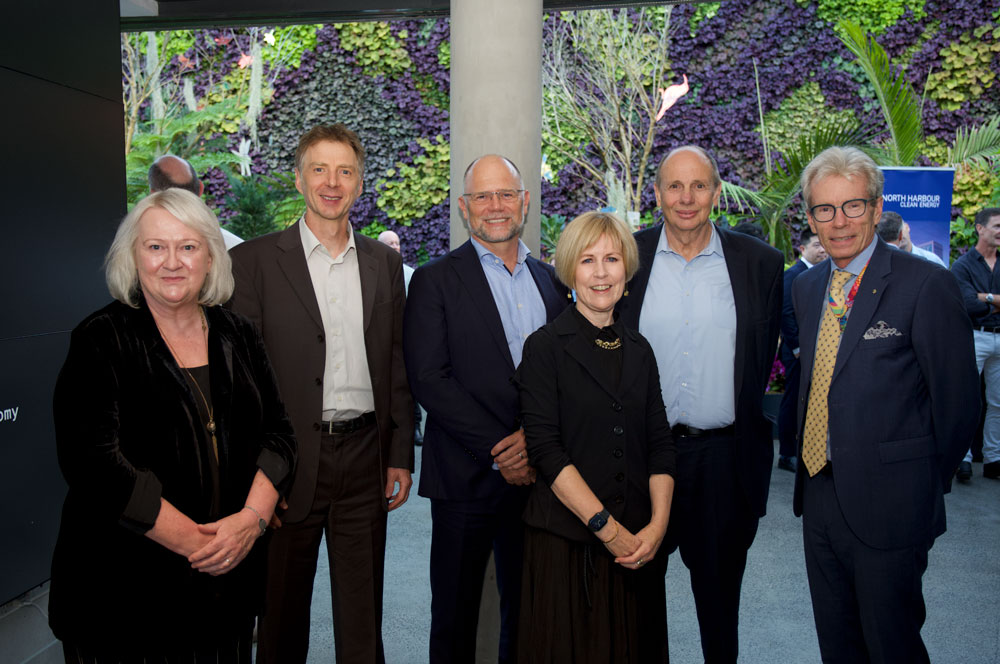
The TRaCE Governance Board and Executive Director. From L-R: Prof Zee Upton, Prof Emmanuel Mastio, Dr Oliver Hartley, Meg McDonald (Chair), Grant King, Prof Nicholas Fisk AM, Kara Frederick (absent).
About TRaCE
The Trailblazer for Recycling and Clean Energy (TRaCE), awarded by the flagship Commonwealth Government Trailblazer Universities Program to the University of New South Wales and University of Newcastle, aims to accelerate a pipeline of disruptive technologies out of the lab and into local manufacturing and global deployment.
The program spans the innovation lifecycle, from research and development through to de-risking, demonstration, deployment, and manufacturing, and is underpinned by critical workforce skills, cultural change, and university workplace reform.
Learn more about how to partner with TRaCE here.
Contact
- Annalese Thomas
- Email: annalese.thomas@newcastle.edu.au
Related news
- Launch of the School Students’ Statement on the Right to a Healthy Environment
- Funding boost to technology for lower emission steel
- Newcastle team on mission to improve childhood cancer outcomes
- Shanae’s passion for caring delivers her dream to work in health
- Food and nutrition degree serves Keren a rewarding career
The University of Newcastle acknowledges the traditional custodians of the lands within our footprint areas: Awabakal, Darkinjung, Biripai, Worimi, Wonnarua, and Eora Nations. We also pay respect to the wisdom of our Elders past and present.
